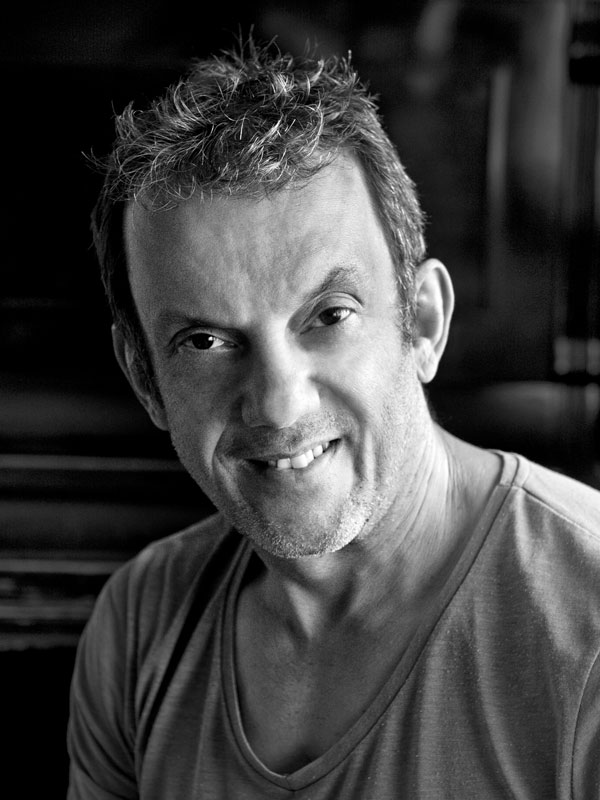
I am a professional photographer based in Athens, Greece.
I studied photography at the Focus schools (photography & video art) 1990-93 and at the Greek Leica Academy 1997-2000.
I worked as a civil servant (1990-2000). In 2000 I quit my job to work as a professional photographer.
I did freelance work for publishing groups and advertising agencies.
Since 2013, I have been working on long-term, people-centered topics with a focus on contemporary social issues.
I like to photograph experientially.
I worked as a photography tutor at Leica Akademie Greece (1997-2021).
I am a member of the Greek Press Photo Union and a member of the Supervisory Board of Foebus (Intellectual Property Rights of Photographers).
My photographs are included in the permanent collection of the Thessaloniki Museum of Photography (MoMus).
In 2022 I received the 1st Award in the APW (Athens Photo World) contest.
Solo Exhibitions:
2023: Photobiennale Thessaloniki
2022: Photometria Festival
2022: Greece Tyrvee Gallery
Publications
Participation in the group publication 2021 Inspiration Leica Akademie
The photographic image is a frozen moment in time. The photographs of the nursing home residents, as a whole, speak of a time that is dilated, even stopped.
The rituals of personal care are perhaps the only signs of time still flowing within the nursing home. Conversely, the space contracts due to immobilization. Functional objects are now minimal. A doll, a drawing, a comb acquire the weight of an entire material world.
I could not avoid the thought of decay. Aging serves as the photographic vehicle of my concern. The residents, standing at the threshold of death, want to play, to reintroduce themselves, to be liked. They flirt, they groom themselves. Equally, I could not avoid the thought that we become children again. I “saw” this project as a study of time. My photographs led me to explore the boundary between existence and non-existence.
Thus, I was led to investigate human theories of time as a passage. Whether time is an illusion, another dimension, whether every moment in the past, present, and future is equally “real,” whether time is eternal, or whether only the present and our momentary perception of it exist. It seemed to me that the nursing home’s cast is existentially trapped in a temporal wormhole. What we think of as death might be a temporal distortion. That is why this cast grooms themselves, why they play; they seem to know something more than we do. They have transfigured into their next selves and acquired traits of decay yet, strangely, also traits of incorruptibility, in terms of eternity. This version of themselves belongs to another time; it is otherworldly.
The rift of time, beyond every class, ideological, professional, or temperamental division, is our common fate. It represents our postmodern collectivity, which hurtles technologically and ideologically toward immortality and sometimes behaves as if it has already achieved it.
By introducing myself as an observer into a community, small or large, distinctly separated from the rest of society, I encountered subjects living on the fringes of society—either out of necessity, choice, or pseudo-choice. These subjects develop characteristics of confinement and operate as Kafkaesque casts against the irrevocable terms of a system that is sometimes paradoxical, sometimes bizarre,
sometimes dark.
They raise questions we avoid facing. For instance, how have we as a society accepted the way we treat the elderly? Are we in harmony with our traditions so far? What does this mean for our culture?